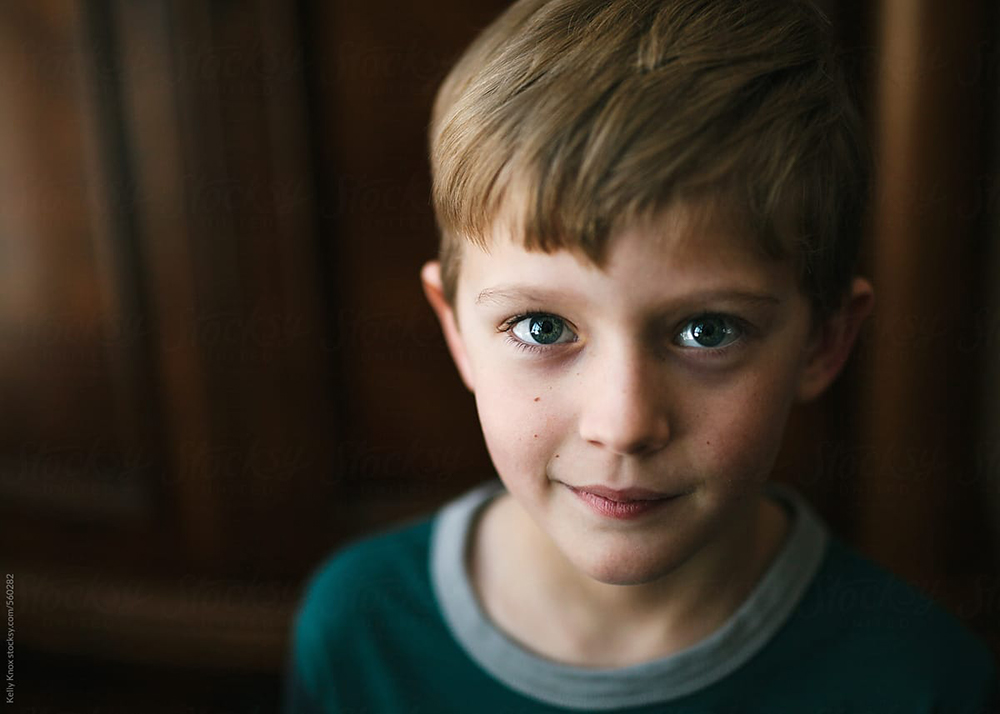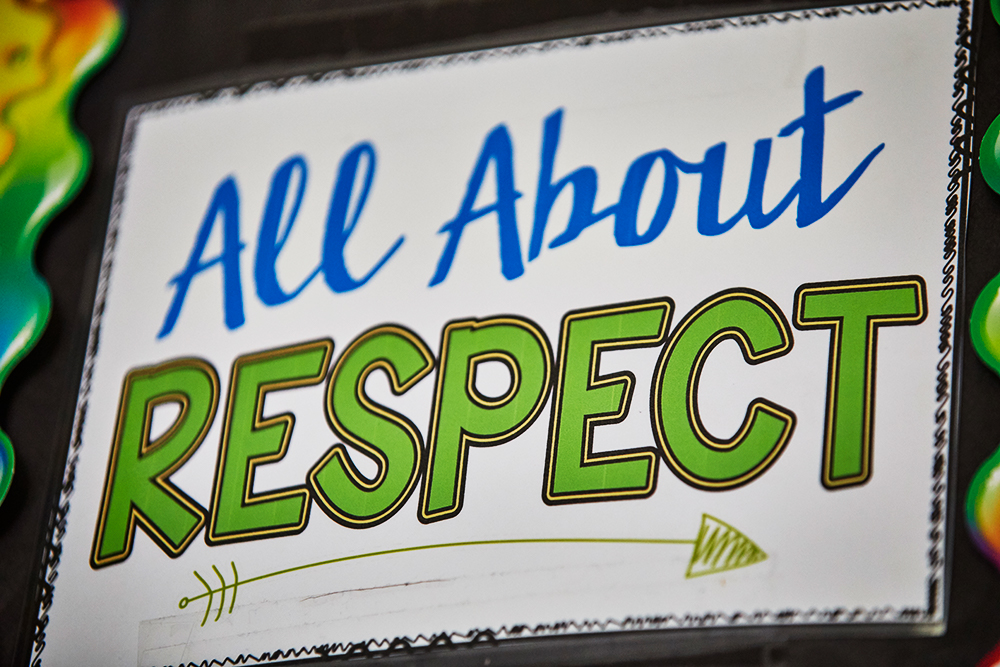Therapy Programs
Trauma-informed care that helps children heal, grow, and find a better way forward
The Sanctuary Model®
The Bradley Center follows the Sanctuary® Model of trauma-informed care and is a certified Sanctuary provider.
Developed in 1985 by psychiatrist Dr. Sandra Bloom, the Sanctuary Model promotes children’s safety and recovery from adversity by actively creating a trauma-informed community all around them. This includes advocating for trauma awareness and its effects among their families, teachers, therapists, and health care providers.
As an organization, the Seven Commitments of the Sanctuary Model are:
- Non-violence – being safe outside (physically), inside (emotionally), with others (socially) and doing the right thing (morally)
- Emotional Intelligence – managing our feelings so that we do not hurt ourselves or others
- Social Learning – respecting and sharing the ideas of our teams
- Shared Governance – shared decision-making
- Open Communication – saying what we mean, and not being mean when we say it
- Social Responsibility – together we accomplish more; everyone makes a contribution to the organizational culture
- Growth and Change – creating hope for our children, their families, and for ourselves
The Sanctuary Model also utilizes the concept of S.E.L.F., which stands for Safety, Emotion, Loss, and Future. By learning how to process their trauma through each of these lenses, Bradley kids are able to shift the focus on how they think about their trauma from “what’s wrong with me” to “what has happened to me” and “how can others help?” From there, children are encouraged to think about the future. This includes having conversations and making plans that support their job goals, life skills, and ongoing development of positive peer-to-peer interactions.
“Trauma can have a lasting impact on how children interact with their entire environment, not just as children but also as they grow into adults. Because trauma-informed care is at the heart of everything we do, our therapists take steps to mitigate the negative impact of trauma within our facility, for our youth and our staff alike. This includes developing safety plans to help children manage their emotions in the moment, as well as self-care plans for our staff to ensure that they can continue to provide the kind of open communication and high-quality personal care that Bradley children rely on every day.”
Child-Focused Care
Bradley Center therapists work under the direct supervision and direction of the Chief Medical Officer/treating psychiatrist. In addition, all therapists are provided the opportunity to participate in monthly case consultations with experts in the field of behavioral and mental health.
Bradley youth participate in daily group therapy with their peers, as well as weekly individual and family therapy sessions. These sessions are led by a Master’s level group therapist. Therapy can include group or solo activities, mindfulness practice, and relaxation techniques. Youth also participate in weekly Music and Art Therapy with licensed art and music therapists, and additional instances of these therapies may be provided in accordance with a child’s personalized treatment needs. Our therapy sessions are conducted on a 15-week cycle, and are revised every four months based on the specific needs of the youth in each participant group.
The therapy programs that children experience at The Bradley Center include:
Aggression Replacement Training (ART)
The children and teens at Bradley have often experienced anger, aggression, or violence, which can cause them to also express their own emotions and frustrations through anger and violence. Aggression Replacement Training (ART) is a form of therapeutic intervention that is designed to alter the behavior of chronically aggressive youth.
By learning a broad curriculum of prosocial behavior, anger control training, and moral reasoning training, Bradley youth develop the self-regulating skills they need to make better choices during moments of turmoil or conflict. Once they have been trained in ART, Bradley participants continue to work with therapists in group settings to actively replace their negative behaviors like fighting and bullying with positive behaviors like negotiating their differences and dealing appropriately but respectfully with others.
Trauma-Focused Cognitive Behavioral Therapy (TF-CBT)
Bradley Center therapists work with Allegheny Health Services to obtain certification in Trauma-Focused Cognitive Behavioral Therapy (TF-CBT). TF-CBT is an evidence-based treatment both for children and adolescents who have been impacted by trauma and for their parents or caregivers. Research has shown that TF-CBT successfully resolves a wide variety of emotional and behavioral difficulties that are associated with single, multiple, and complex trauma experiences.
Cognitive Behavioral Therapy (CBT)
Cognitive Behavioral Therapy (CBT) helps children consider how they think and how they feel. CBT is a discussion-based therapy that focuses on addressing and changing harmful cognitive distortions and behaviors, improving emotional self-regulation, and developing personal coping strategies for stressful situations.
Dialectical Behavioral Therapy (DBT)
Dialectical Behavioral Therapy (DBT) is an evidence-based therapy that helps Bradley children accept what has happened to them while guiding them to seek positive change. Through individual and group therapy, as well as keeping a diary of their emotions and the influences that cause them to change, Bradley children learn to cope with their past traumas while developing positive self-regulating behaviors. DBT has been proven to be effective in treating serious mood and personality disorders, self-harming behaviors, and substance abuse.
STRIVE
This trauma-informed group therapy focuses on self-respect, safety, healthy relationships, sexual health, developing a complete life story, and an individualized safety and recovery plan.
Voices of Bradley
Nahir Gordon, Mental Health Therapist




